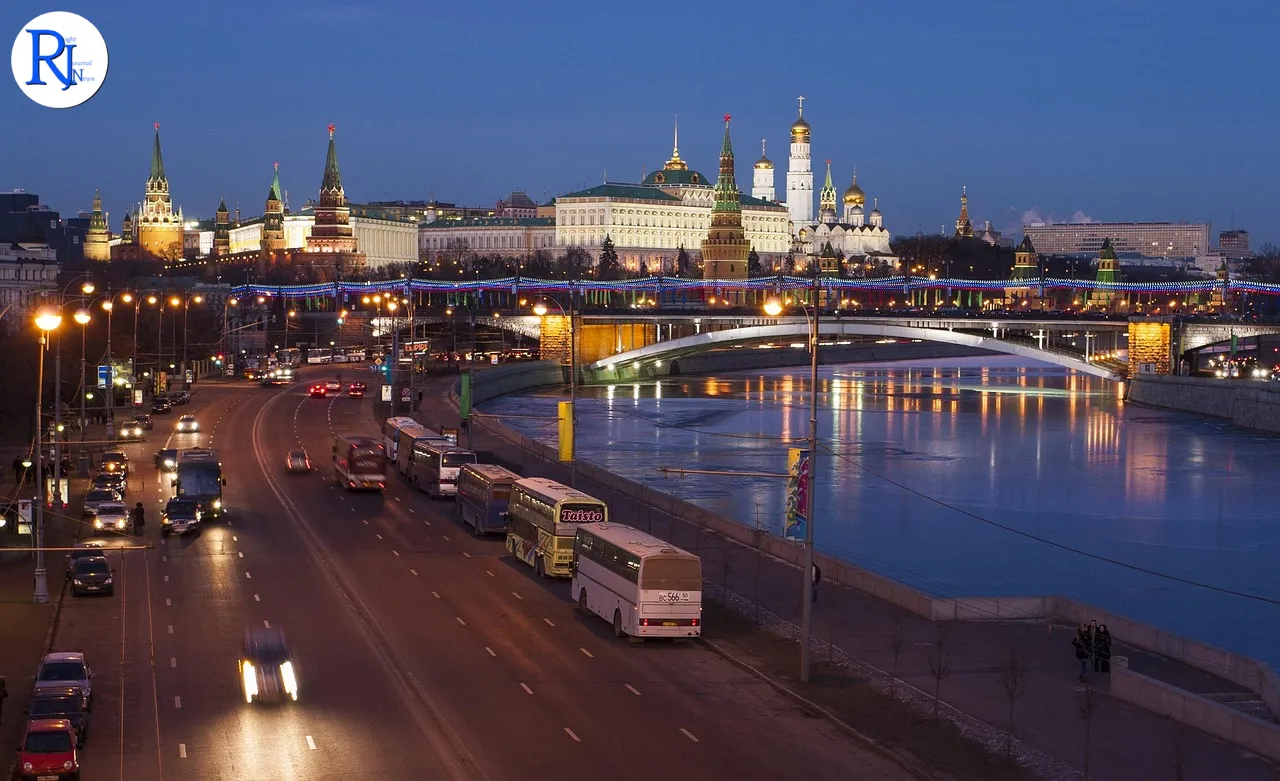In a bold display of escalating tensions between Ukraine and Russia, Ukrainian drones targeted Moscow for a second consecutive night, leading to the temporary shutdown of the city’s major airports. Moscow’s mayor confirmed that at least 19 drones had been intercepted and destroyed. These incidents highlight the ongoing conflict’s intensity as the world watches closely. The attacks occurred just days before Russia commemorates the 80th anniversary of the Soviet victory over Germany in World War II, adding a layer of historical significance to the current geopolitical strife.
Ukrainian Drones Target Moscow
The latest drone strikes on Moscow took place on the night of May 5th and into the early hours of May 6th, 2025. Russian authorities reported that debris from the intercepted drones landed on a highway and struck an apartment building, although no casualties were reported. The repeated drone incursions underscore Ukraine’s strategic shift towards using unmanned aerial vehicles to apply pressure on Russian infrastructure and military capabilities.
According to Russian military officials, the attacks forced the temporary closure of Moscow’s major airports, disrupting air travel and causing concern among residents. The Russian Ministry of Defence stated that their air defence systems successfully neutralised the threat, but the psychological impact on the populace and the symbolic disruption of Moscow’s airspace cannot be understated.

Historical Context and Timing
The timing of these drone attacks is particularly poignant, coinciding with Russia’s preparations to commemorate a significant historical milestone—Victory Day, marking the end of World War II in Europe. President Vladimir Putin has proposed a three-day ceasefire from May 8th to 10th to honour the occasion. However, Ukrainian President Volodymyr Zelenskyy has dismissed this proposal, criticising it as insufficient and advocating instead for a 30-day ceasefire, aligning with a US-backed suggestion that has been ignored by Russia.
The refusal to agree on a more extended ceasefire reflects the broader geopolitical tensions and the lack of consensus on how to de-escalate the conflict. Both nations remain at an impasse, with diplomatic solutions appearing increasingly elusive.
Impact on Civilian Life and Infrastructure
The drone strikes have had a tangible impact on civilian life in Moscow, with the temporary airport closures causing significant disruptions. Moscow’s three major airports—Sheremetyevo, Domodedovo, and Vnukovo—serve as critical hubs for both domestic and international flights. The closures led to delays and cancellations, affecting thousands of travellers and highlighting the vulnerabilities in Russia’s air defence network.
Local residents expressed concern over the attacks, with many questioning the effectiveness of the city’s emergency response measures. “It’s alarming to think that drones can reach our city so easily,” one resident told local media. The psychological impact of these attacks, coupled with the physical damage and disruption, underscores the broader implications for civilian life in the region.
Military and Strategic Implications
The use of drones by Ukraine marks a significant shift in military strategy, reflecting the evolving nature of modern warfare. Unmanned aerial vehicles offer a cost-effective means of targeting strategic locations with minimal risk to personnel. For Ukraine, these strikes serve as both a tactical manoeuvre and a symbolic gesture of resistance against Russian aggression.
Military analysts suggest that Ukraine’s drone operations are designed to test and potentially overwhelm Russia’s air defences, forcing Moscow to divert resources and attention away from other fronts. The attacks also serve as a reminder of Ukraine’s capabilities and resolve, sending a clear message to Russia and the international community.
International Reactions and Future Implications
International reactions to the escalating conflict have been mixed, with Western nations expressing concern over the potential for further escalation. The United States and its allies have reiterated calls for a peaceful resolution, urging both parties to engage in meaningful dialogue. However, with both Ukraine and Russia entrenched in their positions, prospects for immediate de-escalation appear slim.
The ongoing conflict continues to have significant geopolitical implications, affecting global energy markets, international diplomacy, and regional security dynamics. As the situation unfolds, the international community remains watchful, aware that the actions taken by both Ukraine and Russia in the coming weeks could have far-reaching consequences.
In the wake of these latest attacks, the world watches and waits to see how this complex and volatile situation will evolve. The potential for further escalation remains a pressing concern, as both nations navigate the delicate balance between military action and diplomatic resolution.

